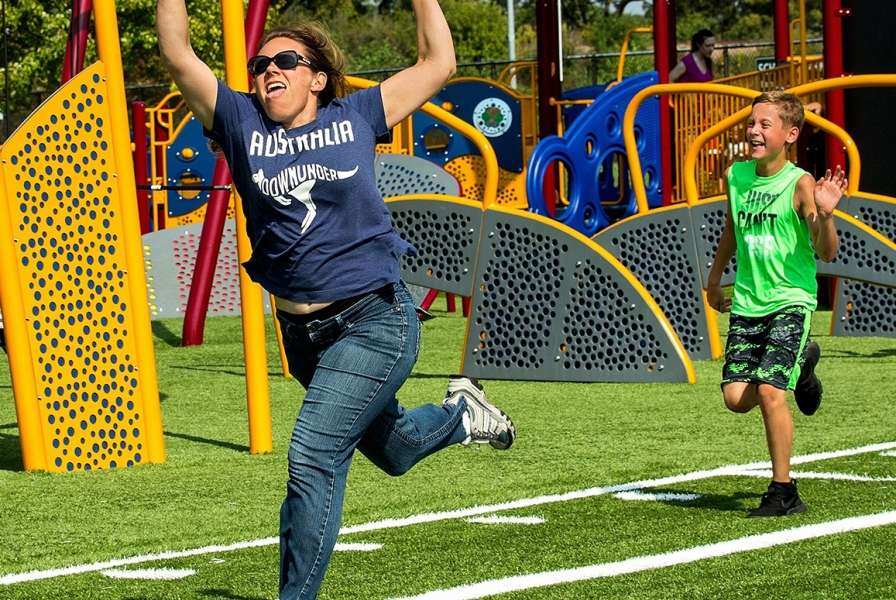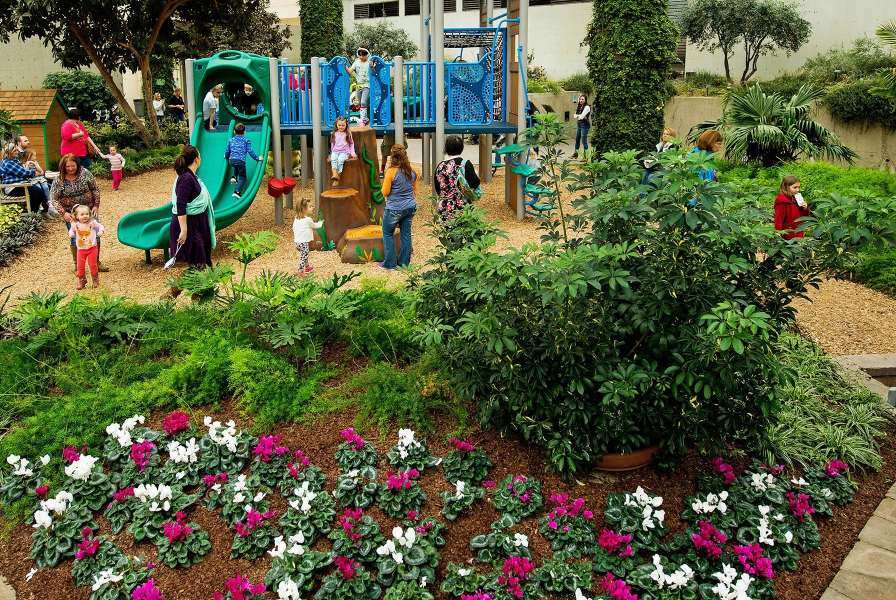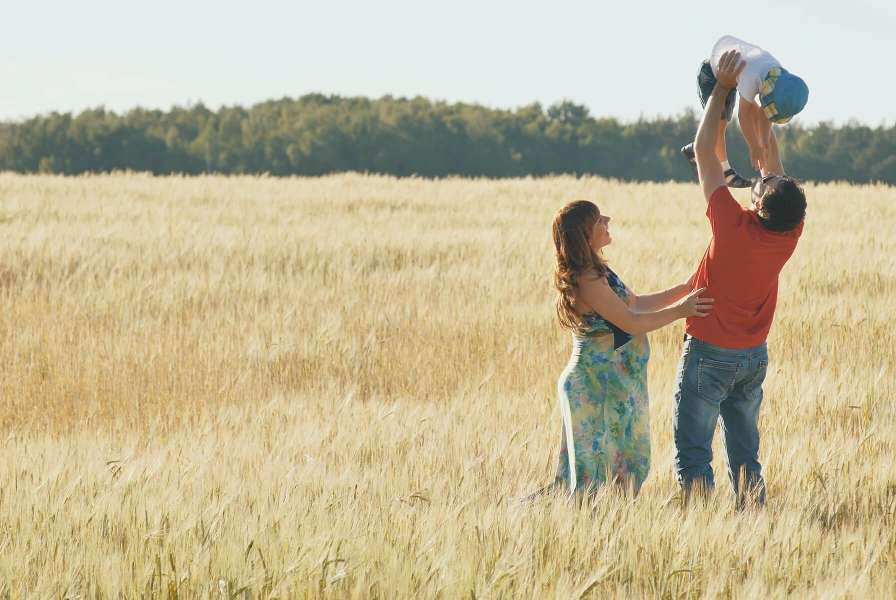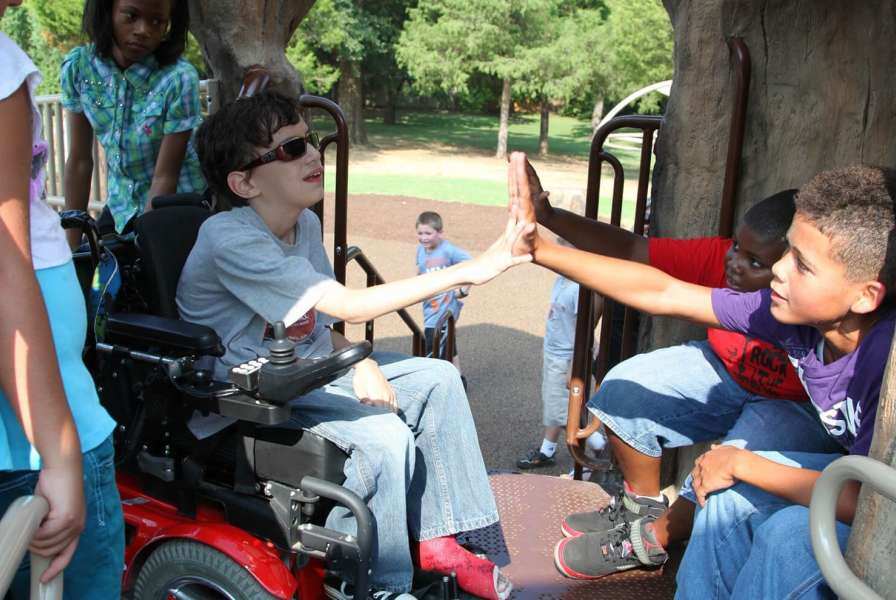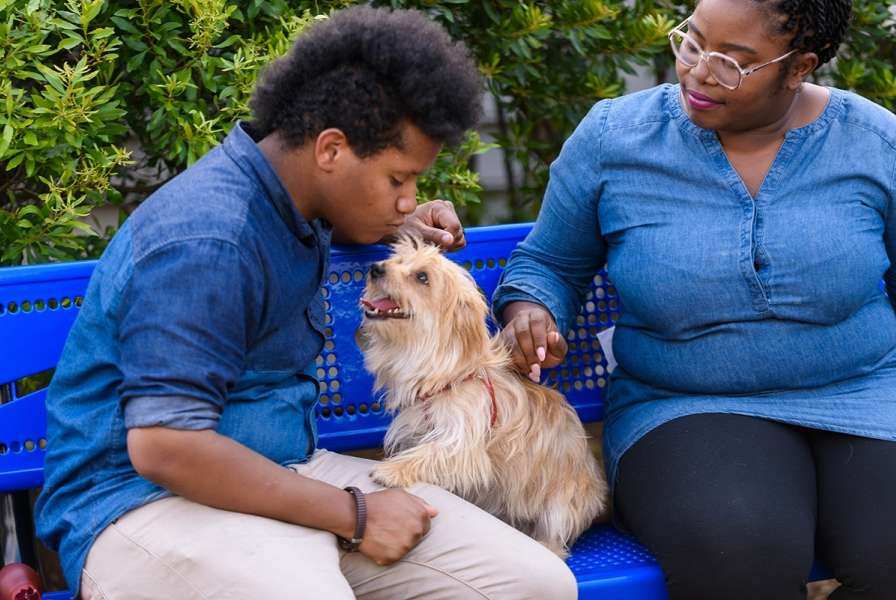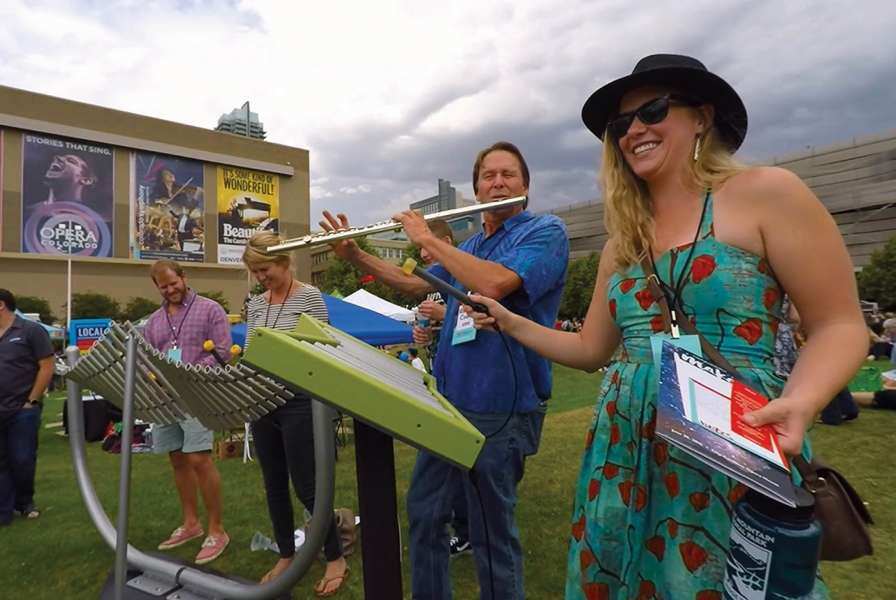I find it a remarkable opportunity to share some of the wonderment and substantive information that has come my way as I delve deeply into the promises and power of play. This play exploration has continued to provide me with an urgency to communicate more about play, reinforced from the many recent play discoveries that demonstrate its benefit in our personal and communal well-being. Play can improve our lives, and in these times of stress and limitations due to the pandemic, the more subtle avenues for each of us to access our natural play instincts offers benefits we otherwise might miss.
This blog will focus initially on “the big picture” of play, why, despite many influences that can suppress or diminish its significance, it nonetheless persists as an important intrinsic component of human nature, worldwide. In addition, after offering some historic perspective-providing about play and human nature, I will add some suggestions that may enable anyone to implement it more effectively individually during these times of great challenge.
Our lives and those of our children have been and will continue to be altered by the pandemic, its forced stark community changes, its economic realities, along with the personal daily mental, physical, emotional and ecologic challenges it produces. We adults all are, in our individual ways, embracing it as are our children, who are acutely sensitive to the surrounding emotions and dislocations it produces. For most of us, this means less access to our usual play resources. (playgrounds closed, visitation to beloved relatives stopped, etc.) This new obligatory and necessary “organizing” element in our lives, however does not mean that our play natures are suppressed by it, it just means we have to be more innovative in seeing to it that we prioritize play experiences, and tap into this universally available resource so we can better cope with our changed world situation.
Remember, our essential design is two-fold. We are all unique individuals and we are also collectively members of a highly social species, like none other. Despite the fact that we possess qualities that allow our unique individualities to prosper, (and which play enriches) we still find ourselves with overall social needs to interact regularly and find ways to get along supportively and interdependently with our friends, relatives, neighbors, community and beyond.
The evidence from play science demonstrates, also, that we all, children and adults, have untapped play-based resources that are there for us to access, which exist in us despite the many ongoing difficult circumstances. These play reservoirs and which have been provided for us by nature have persisted through past difficult and varied historic situations. (famines, diseases, natural disasters, political upheavals, wars, etc.) By embracing them, they keep us upbeat, positive, and resilient. When examining the lives of non-players, comparing them to play-fulfilled individuals, research has been able to show how play itself contributes to getting along better with ourselves, (play as a good anti-depressant) and certainly provides the tools to better get along non-violently, cooperatively and innovatively with each other.
Wow.
Play is not generally seen as being this foundational for living in a changing, challenging world, but it is a necessary ingredient for individual and communal balance. Beyond enabling us to better deal with individual and social requirements, it provides us with adaptive flexibilities, and openness to explore the unexpected. So, the wisdom of play is particularly needed to help us cope with the pandemic and our polarized society. Thank goodness… Despite the pandemic, it still is fun and rejuvenating to play.
How we react, adapt to the unexpected, handle challenges, are resilient (or collapse) while stressed, of course varies immensely with our life circumstances. But like breathing air, eating, sleeping, reproducing, grieving the dead, seeking care and shelter, there are basics that we all share that are fundamental components worldwide. Play is there to prepare us to better live our two-fold lives, but the prevailing way of seeing play is that it is necessary for kids, but very elective for responsible adults
A scholarly look at human history allows play to be viewed in context with its shaping of how we as hunter-gatherers survived in the past. This long but accurate view allows us to keep it applicable to our overall well being NOW.
When we look deeply at our pre-historic human heritage from before the agricultural era which was established some 10,000 years ago, (our paleo-anthropologic past) the views by those who have done so exhaustively, (Peter Gray, for example,) are that they see many of our forbearers as predominantly living communally as small foraging and hunting Nomadic tribes for at least 200,000 years, and likely much longer. Though there are many variations in locale and gathering or hunting ecologies, nonetheless, we are still biologically grounded in our current bodies and psyches still with the residual physiologic foundations largely long established when we were Hunter-Gatherers. Of course we then and now have been influenced by our varied surroundings and cultural heritages, and now as a majority, we are enveloped in urban living and worldwide burgeoning technology.
This majority reality can make it tough to access our basic nature. And despite all us human beings as also possessing the genetic propensities for competition and violence, and having also capacities to live virtually anywhere on earth, somehow these long surviving Hunter-Gatherer tribes, and the few remnant examples that still exist today, were able to not only survive, but to do so with communal sharing and egalitarian governance for many eons more than our post-agricultural city-state civilizations, most of which have ended or transitioned to new ways of living.
The conclusions by such scholars as Peter Gray are that play itself has been a positive force to sustain this egalitarianism. My own early research on homicidal males who, we discovered had severe lifelong play deficits upholds in modern terms these conclusions that fostering the playful side of human nature promotes non-violent pro-social behavior. The beneficent legacy of life after life examined to assess the effects of sufficient play or its absence provides up to date credible backing for the importance of including play now in one’s life from birth to death. As previously noted, our dual natures, individual and communal, are sustained in part by the inclusion of play.
This insight about the importance of play itself is shared by PlayCore. So here is where the skillful bringing of play opportunities by PlayCore triggers our play capacities and universal needs to bring more life enhancing play into our contemporary lives. The closure of playgrounds and other playful recreation amenities, along with the now required restrictions on group play, places some limits on easy play access, but it does not mean we are any less playful.
A means of keeping play’s presence more alive is to find our own “Play Personalities.” I hope each reader of this blog recognizes within themselves that they have their own individual “Play Personality” and that it is also an intrinsic aspect of their children, spouses, relatives and friends.

Are you or those you know finding quick joy by being… Explorers? Directors? Collectors? Competitors? Artists? It is likely your own best talents connect with your Play Personality. By recognizing this, the playful heritage that got embedded in all of us through our long hunter-gatherer era of existence will get activated, and this has great personal and societal benefit.
My research also demonstrates that severe play deprivation, particularly during childhood years of rapid development, has consequences that make harmonious communal cooperation difficult. So understanding our play heritage as well as recognizing how necessary it is to activate it regularly (see the blog on play vaccination) allows us to see play for what it is, but better yet, make personalized play a life necessity for ourselves and those we love.
-Stuart Brown
